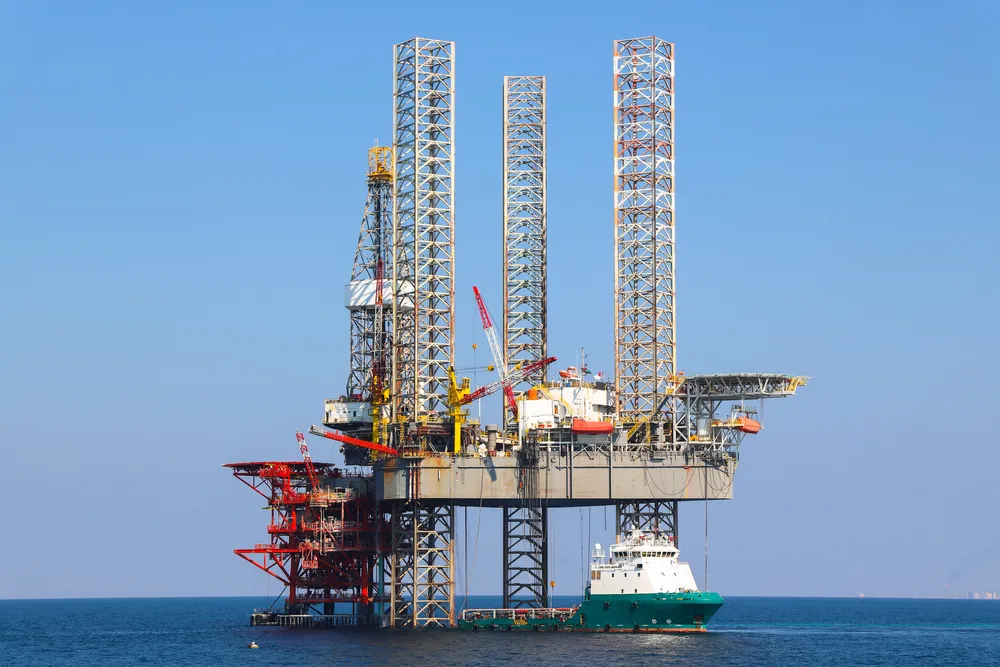Exploration and Production in the Oil & Gas Industry Course
Introduction:
Participants in this training course will learn about the oil and gas exploration and production industry, covering scientific, technical, engineering, management, commercial, business, and related aspects in detail. This course is designed for individuals seeking hands-on experience in the sector, regardless of their educational or work experience, technical background, or familiarity with the industry.
Objectives:
At the end of this course, participants will be able to:
- Explain the history and importance of the oil and gas sector.
- Identify different professions within the oil and gas industry.
- Understand the origin of the oil and gas formation process.
- Comprehend the acquisition and exploration process of oil and gas resources (deposits/reservoirs).
- Understand the equipment and technologies involved in processing and transporting oil and gas for commerce.
- Assess the economic factors that justify searching for oil and gas.
Training Methodology:
- Interactive lectures
- Case studies
- Group discussions
- Industry examples
- Q&A sessions
- Game planning and implementation
Course Outline:
Unit 1: The Field Defining Core Geosciences:
- Industrial Point of View: Examination of the upstream oil and gas industry through the lens of asset lifecycles, value chains, industry stakeholders, and societal impact.
- Geology: Exploration of the genesis of oil and gas resources and the development of a 'petroleum system.'
- Geophysics: Detection of oil and gas reservoirs using advanced techniques, including seismic and other surveying methods.
- Petrophysics: Investigation of reservoir conditions to optimize oil and gas recovery.
Unit 2: The Role of the Key Engineering Disciplines:
- Reservoir Engineering: Strategies for optimal drainage of oil and gas resources using natural or enhanced recovery methods.
- Well Engineering: Methods for planning, drilling, testing, operating, and safe decommissioning of oil and gas wells.
- Facilities Engineering: Design, construction, and operation of systems and structures for transporting oil and gas to markets.
Unit 3: The Role of the Integrated Development Team:
- Field Development Planning: Collaborative efforts of the integrated team to achieve commercial, scientific, and engineering objectives in reservoir development.
Unit 4: Economics and Decision Making:
- Petroleum Economics: Importance of oil and gas economics in project engineering, focusing on cash flow planning and investment indicators.
- Decision Analysis: Criteria and reasoning for addressing complex issues, ensuring efficient capital investment through value perspective, sensitivity analysis, decision trees, and Monte Carlo simulations.
Unit 5: Commercial, Safety, and Environment:
- Production Contracts and Licences: Overview of the licensing system for exploration and production and revenue sharing with source countries.
- Petroleum Resources Management: Estimation and classification of reserves and resources for management, regulatory, and investment purposes.
- Corporate Responsibility: Examination of safety management, environmental considerations, and social responsibility in large oil and gas projects.


















